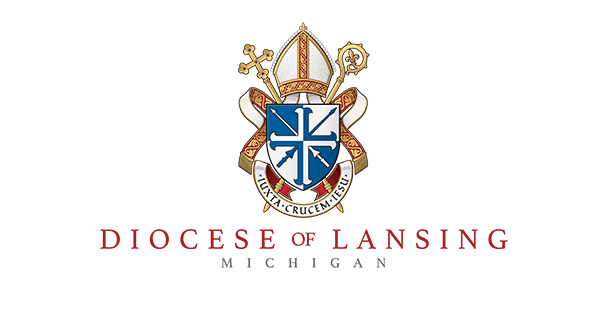
Read: The wonders and dangers of Artificial Intelligence by Sean O'Neill, Editor of FAITH Magazine
作者:Diocese of Lansing
There are probably a lot of us who are bemused and fascinated by what Artificial Intelligence can do, writes Sean O'Neill, pictured below, Editor of FAITH Magazine, the official publication of the Diocese of Lansing. It seems amazing how it can mimic human thought and generally take the pain of hard work out of the chore of thinking. Conversely, there may also be many who see the looming cloud of human redundancy up ahead and fear for their jobs.
The Turing Test, originally known as “The Imitation Game,” was devised by Alan Turing in 1950. The aim of the test was to fire questions at a human being and at a computer, and for the reader to try to correctly identify from their answers which was which. It seems that we’re getting rather close to AI successfully passing that test.
I was speaking to my recently widowed, 94-year-old dad not so long ago, and he mentioned a YouTube video he had seen of Pope Leo XIV in which the pope decides to go walkabout in Rome, much to the chagrin of his security detail. In the video, the pontiff stops beside a beggar who was sitting on the sidewalk, speaks briefly with him in a compassionate exchange, then goes on his way followed by his blundering armed minders. It was clearly fake footage generated by AI, and my dad told me so with barely restrained disgust.
It is now possible to use AI to clone someone’s voice and use it to make them say anything you want. In fact, as reported in Vatican News and Word on Fire, in June, the Vatican issued a condemnation of a 36-minute video that was released by a YouTube account called “Pan African Dreams” showing the pope issuing, in part, a tribute and prayer for Captain Ibrahim Traoré, the controversial revolutionary leader of the state of Burkina Faso. The “deepfake” video is skillfully lip-synced to make it a believable lie.
The muddying of the moral waters by calling into question what is true or not, is, of course, a threat to the authenticity of not only papal pronouncements but any statement by anyone.
Ten years ago, paradoxically, even innovator Elon Musk was quoted as saying, “With artificial intelligence, we are summoning the demon,” and referred to AI as humanity’s “biggest existential threat.”
In January of this year, the Vatican issued the document Antiqua et Nova, which sounds a warning with regard to AI. “As deepfakes cause people to question everything and AI-generated false content erodes trust in what they see and hear, polarization and conflict will only grow. Such widespread deception is no trivial matter; it strikes at the core of humanity, dismantling the foundational trust on which societies are built.” (89)
What is our response to be? Simply trust in God. Jesus’ pronouncement, “I am the way, the truth, and the life,” is the rock on which we can build our house. He is the truth and if we trust in him, he will not abandon us to whatever deepfake lies invade the online world. But perhaps now is the time to reassess how much we are tied to our devices, our technology, and our newsfeeds.
